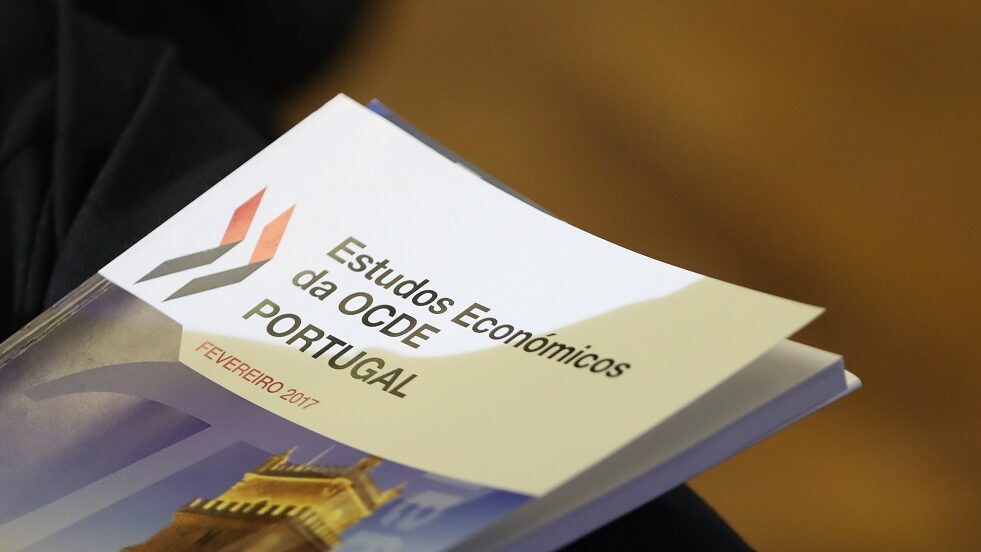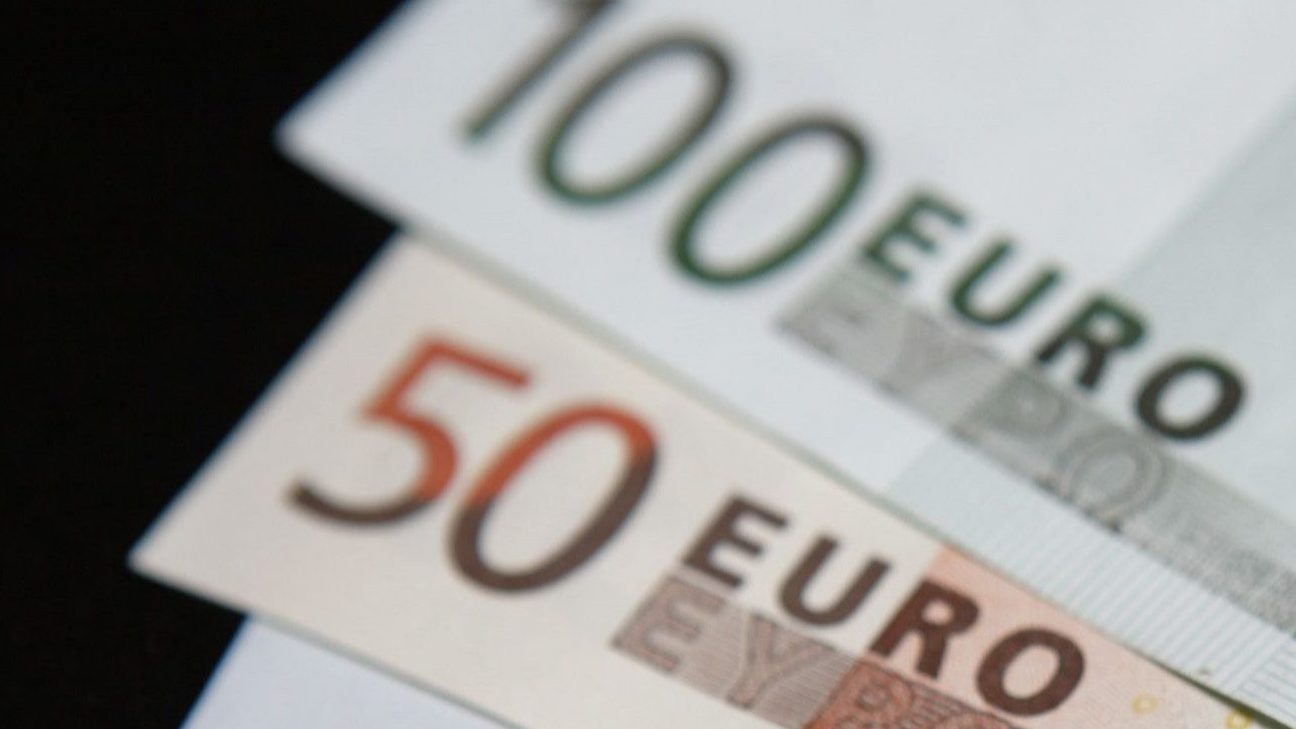Central bank sees Portuguese economy growing ‘markedly’ in 2021 and 2022
"Following a historical fall in 2020 (-8.4%), the Portuguese economy is expected to grow markedly in 2021 (4.8%) and 2022 (5.8%)," the Bank of Portugal said this Friday.
The Bank of Portugal (BoP) announced this Friday that it has maintained its forecast for the country’s GDP growth at 4.8% in 2021, exactly the same as António Costa’s government and the OECD. For 2022, the BoP sees the economy growing 5.8% (5.6% previously).
The forecasts were updated in the new central bank’s economic bulletin. “Following a historical fall in 2020 (-8.4%), the Portuguese economy is expected to grow markedly in 2021 (4.8%) and 2022 (5.8%),” the Bank of Portugal said in a statement, anticipating a slower pace of expansion in 2023 (3.1%) and 2024 (2%).
Still, with GDP recovering to its pre-pandemic crisis value next year, this will be the fastest recovery in the most recent crises, points out the central bank, adding that the economy will fully recover in the first half of 2022. Looking ahead, “n 2024 economic activity will stand approximately 7% above its 2019 level, implying contained losses compared to the trend projected prior to the pandemic,” it estimates.
“The growth path is sustained by the maintenance of favourable financial conditions and the implementation of European Union funds,” describe the Bank of Portugal, admitting that “in the short time, activity will be constrained by a renewed wave of the pandemic in Europe and global supply chain disruptions.”
The inflation rate was also revised upwards, but it will be far from the values recorded in other European countries, never reaching 2%. “Inflation is projected to increase in 2021 and 2022, to 0.9% and 1.8% respectively, and to stand at 1.1% and 1.3% over the next two years, highly influenced by the energy component,” the Bank of Portugal stated.
In the labour market, the trajectory is also improving with the unemployment rate being revised downwards to 6.6% (6.8% in the previous bulletin) in 2021. In the following years, “a decrease in the unemployment rate to better than pre-pandemic levels” (6.5% in 2019) is expected in view of employment growth, with the rate dropping to 5.6% in 2024.
After two years of great difficulties, exports of services (mainly tourism-related activities) will rebound significantly, “with the expenditure component providing the main contribution to GDP growth in 2022”. In total, exports will grow by 9.6% in 2021, 12.7% in 2022 and 5.9%, on average, in 2023-24.
“The current and capital account surplus will increase from 0.2% of GDP in 2021 to an average of 2.1% in 2022-24, stemming from the recovery in tourism and higher EU fund inflow,” the central bank led by Mário Centeno explained.
Among the other components of GDP, the highlight goes to private consumption which, after an increase of 5%, grows by 4.8% in 2022. “These developments are underpinned by real disposable income growth, favourable financial conditions and accumulated wealth during the crisis,” indicated the Bank of Portugal, also anticipating that the savings rate will fall after reaching 12.8% in 2020.
Public consumption is expected to increase by 4.8% in 2021, and “to grow more moderately in the period 2022-24.”
As for investment, it will “grow markedly” from 4.9% in 2021 to 7.2% in 2022, benefitting from EU fund inflows, prospects for a recovery in demand and favourable financing conditions.


